Stalking rises during Covid pandemic - police
- Published
Chris has been stalked for six years
There has been a "significant increase" in stalking offences in England and Wales during the pandemic, police say.
The warning from the UK officer in charge of stalking issues comes as more than 80,000 incidents were recorded by forces last year.
But freedom of information requests by BBC News show arrests struggled to keep up - growing at half the rate of the rise in offences between 2019 and 2020.
A government spokesperson says protecting women is "a priority".
National lockdowns have made it much easier for stalkers to target victims in their homes, especially during the first in March 2020 when restrictions on exercise and shopping were at their most stringent, says Rachel Horman-Brown, a lawyer and chair of the stalking advocacy charity, Paladin.
Chris, 32, from London, says for the last six years of her life she has been stalked by a man she met briefly in a team meeting at a previous job.
Despite the fleeting acquaintance, she says he has inundated her with messages ever since and even contacted colleagues about her more than 2,000 times despite them both leaving the company.
Have you had an experience of stalking? Email haveyoursay@bbc.co.uk
Some messages call her a sex worker or allege intimate relationships with people she has never even met, while others passionately declare his love for her.
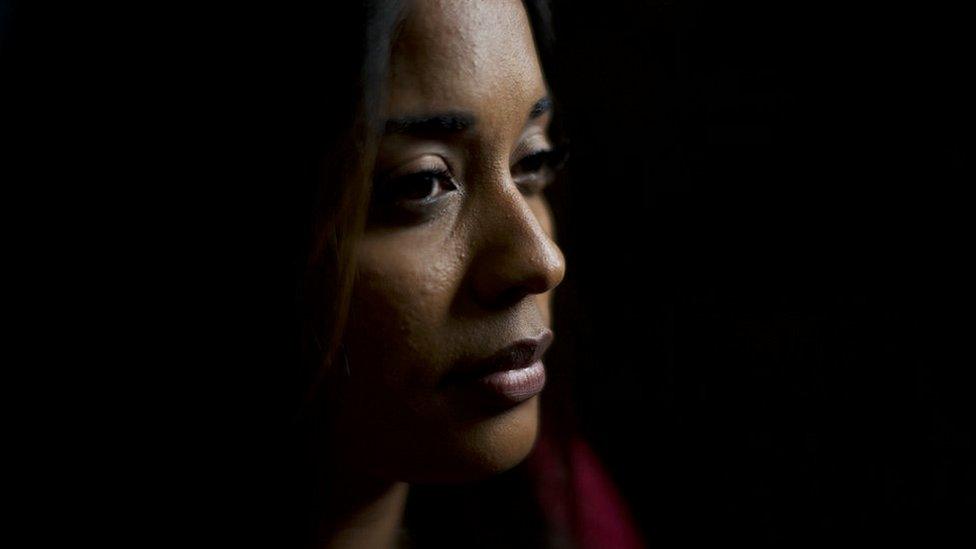
Chris says she made around 50 separate calls to the police during the pandemic
One visit the man made to the offices of her current employer was captured on CCTV while colleagues have recorded obscene calls he has made asking to speak to her.
Despite passing this evidence to the police and first reporting an offence six years ago, Chris says the man has never been charged over these incidents.
'Constantly blamed'
"The police will always tell me that they're going to arrest him", she says. "I could wait two to three days and literally my phone is in my hand waiting".
Chris says one officer told her she should be "flattered" by the attention. Another told her that no officer wanted to take her case on.
Chris says that during the pandemic she has felt increasingly vulnerable and let down by the police. She says lockdowns led to a surge in the abuse without the security of being able to see her family. She says she has spoken to officers on at least 50 occasions.
"You're constantly blamed for it or you're constantly ignored" she says. "And you just think, well, what's the point? I'll just live with it".
The Metropolitan Police said a man was arrested at his home address last year and subsequently bailed.
In a statement, it said: "Since October 2020 a dedicated officer has progressed the investigation. The victim has been supported and updated throughout this investigation by the officer".
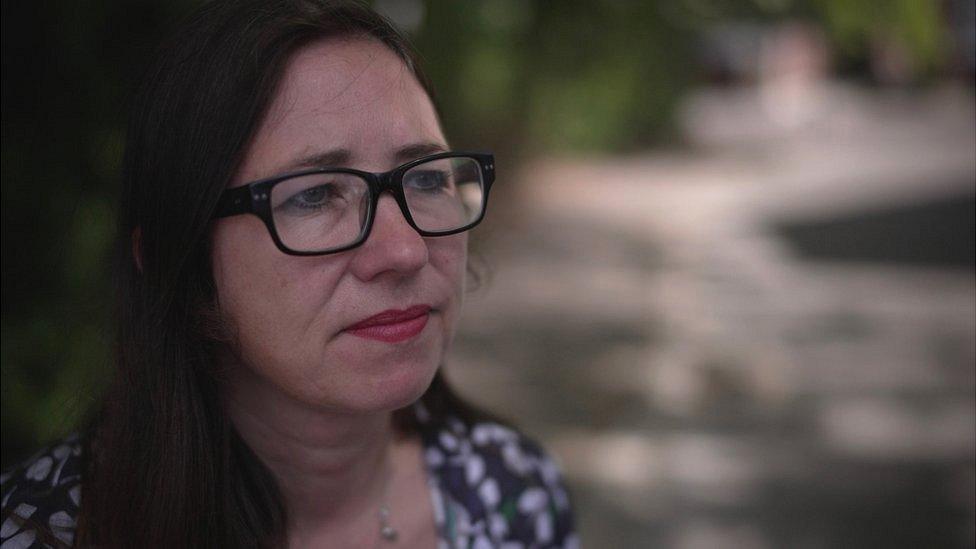
Rachel Horman-Brown from stalking advocacy charity Paladin says one in two stalkers carry out their threats
The force said it understood "the upset and distress" stalking can have on a victim and said it has invested in training officers in how to respond to allegations.
Chris says she is not aware of an arrest relating to her experience and disputes that she has been provided with a dedicated officer.
More than 80,000 stalking offences were recorded in England and Wales in 2020, figures from the Office for National Statistics show.
This is a large increase on the 27,156 offences in 2019, although the years are not directly comparable because of a change in how crimes are recorded encouraging greater reporting of offences by ex-partners.
But separate freedom of Information requests received from 33 of 45 police forces indicate that arrests for stalking offences increased at less than half the rate of the rise in stalking incidents in 2020 compared with the year before in England, Wales and Scotland. The Police Service of Northern Ireland declined to provide figures.
"What we've seen, both in the pandemic and outside of it, is a significant increase in stalking cases," says Deputy Chief Constable Paul Mills, the National Police Chiefs' Council lead officer for stalking.
"What we're looking at in certain parts of the country [is] up to a 200% increase."
Mr Mills says the changes to how stalking crimes are recorded, an increase in online stalking and the pandemic itself are all factors in the rise in offences.
He says "80,000 is a really easy number to talk about but each one of those people is actually a victim at the end of that", adding: "In each one of those cases, there is significant potential harm."
"We're now doing extensive work to try and increase the outcome rate for victims", he says.
'Disbelief from police'
Rachel Horman-Brown, the lawyer at the stalking advocacy charity Paladin, says the lockdowns "made victims feel much more vulnerable and it's been more difficult for them to get any kind of support".
It has also "made it much easier for stalkers who have had more time on their hands".
She says while clients still tell her that they have not reported offences, those that do often say they are met with "disbelief" by police officers.
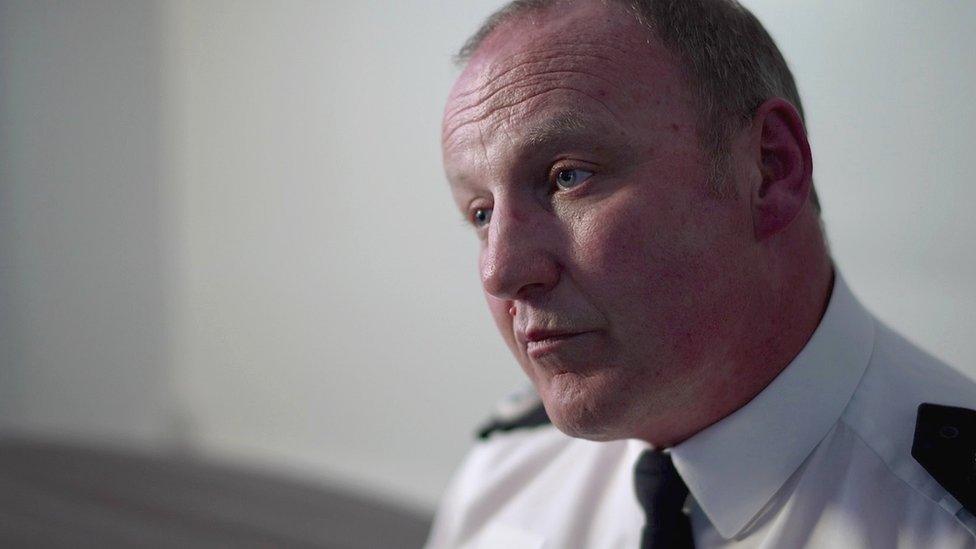
The UK police lead for stalking says there has been a "significant increase" in the pandemic
"It really adds to the trauma of the victim, this lack of assistance that they get from the criminal justice system, and they feel almost like they're having to fight the system as well as the stalker."
The FOI requests also showed that more than 2,000 reports of stalking were made by under 18-year-olds in 2020. Of the 28 forces who provided a response to this element of the request, 25 said a person aged 11-years-old or younger had complained of being stalked.
In 2020, new powers were introduced allowing police forces to ban offenders from making contact with victims on social media or coming within a certain distance of their home or workplace.
In June, BBC News revealed that there have been only 294 successful applications for the stalking protection orders, meaning they are only used in response to around 2% of stalking arrests.
In April, it was reported that there was support in government for a stalking register that would mean perpetrators are automatically monitored as part of a police database, as is the case with sex offenders.
However, the government rejected including the measure in the Domestic Abuse Bill, arguing improving guidance would be more effective.
A government spokesperson said: "Stalking Protection Orders stop perpetrators in their tracks and prevent them contacting victims. We expect all police forces to make full use of them, and are working closely with the police to ensure that this happens."
"Protecting women and girls from violence and abuse is an absolute priority for the government and we are taking action across the whole system to tackle these horrendous crimes", it added.
"We are working with law enforcement agencies, charities and women's groups to develop a new Violence Against Women and Girls Strategy to help us to better target perpetrators and support victims."
Related topics
- Published15 June 2021
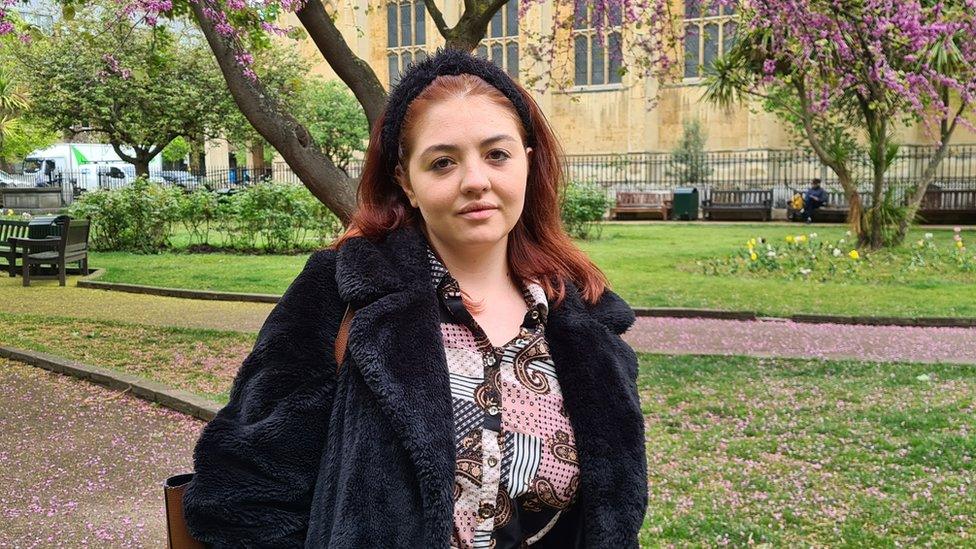
- Published28 April 2021
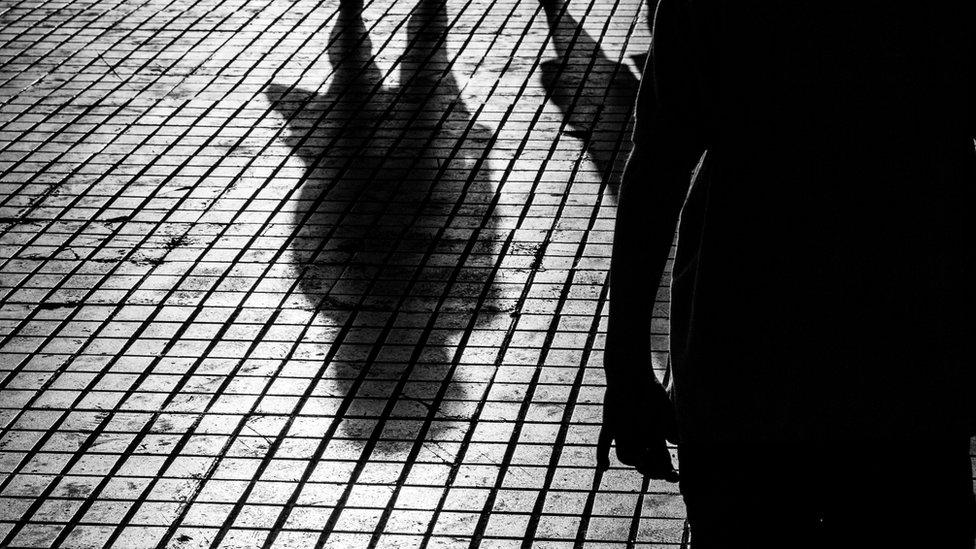
- Published4 February 2021

- Published25 March 2021
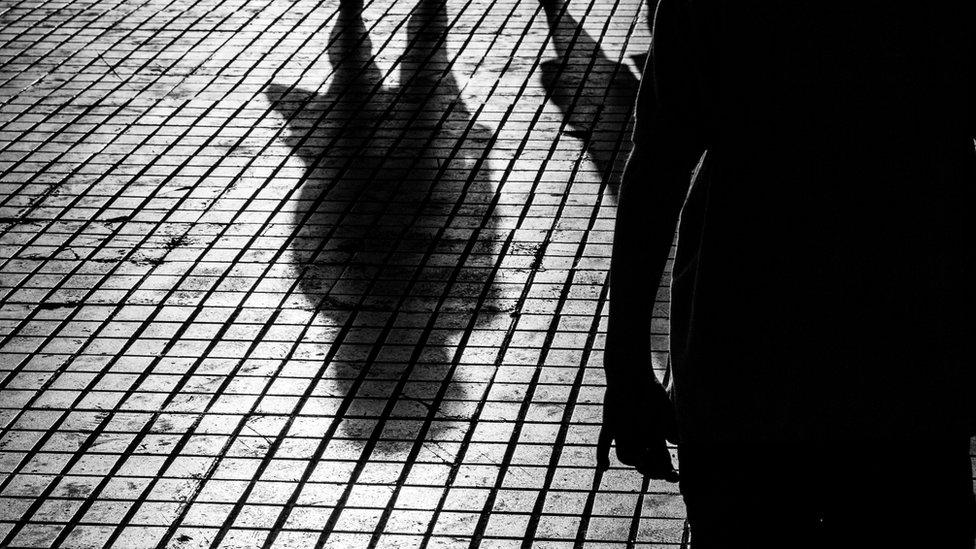
- Published19 May 2020

- Published19 January 2020
